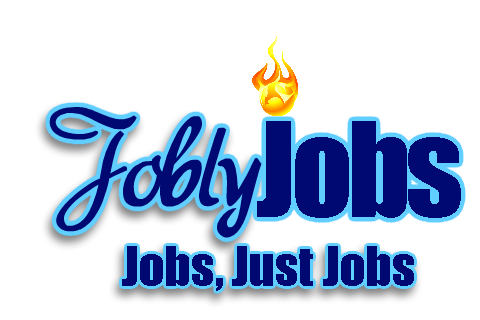What Is Authenticity and How Authentic Should You Be in a Job Interview?

Question: I realize a job interview is a lot about first impressions. But realistically, how much of my true personality and experience should I reveal?
Answer: First impressions certainly set some expectations and beliefs in the mind of the person meeting you. How you present yourself, your appearance, voice and warmth can tell them if they believe they’ll enjoy the interview or if you seem unprepared or off-putting.
One of the best traits to communicate in a job interview is authenticity – who you genuinely are and what you truly care about and want to pursue. Let’s look at how being authentic is a positive… and when it can become problematic:
What Is Authenticity?
Authenticity, as I define it, is when you speak the truth as you see it. If you answer a question, you give a real answer from your perspective (you can also refrain from answering). You’re not being fake, obtuse or vague to drive the conversation away from who you are, what you value and what you feel. You’re being authentic when you speak about what you truly believe.
Some people confuse authenticity (speaking about what you believe) with transparency (sharing everything). I don’t see them as the same thing. At work, if you are pitching a new project, for example, you’ll want to be transparent in your reasoning for the project’s value and timing. But when you share with your colleagues about your military experience, transparency would dictate that you reveal every detail.
For some people, this is comfortable, but for others, it’s scary and risky territory. Many of you, particularly after military service, have aspects of your work and the experiences you had that you want to keep private.
Decide in Advance What to Reveal
In a job interview, you’re setting the stage for how it could be to work with you. The interviewer is evaluating your personality, professionalism, skills and character. Before the interview, decide which topics of your experience, life and goals are open to share, and which you’d rather keep to yourself. Doing this before the interview empowers you to be focused and not share something you intended to keep private.
For example, you might wish to keep a trauma or a medical condition or your dream of entrepreneurship out of the conversation for now. Commit to finding other ways to explain gaps in your resume, feedback you’ve received or how you’ll answer the “where do you see yourself in five years” question, if asked. Remember, never lie or act fake but think ahead to how you could shape responses before you’re asked.
Have a Plan in Case You Share Too Much
Sometimes, even with the best planning, something spills out. Perhaps you’ve shared something you worry could cause the interviewer to view you negatively, or which you don’t want to expand on discussing.
In that moment, pause and take a deep breath. A response such as, “Apologies for going down that rabbit hole …,” and then get back on track to save the situation. Create a plan before the interview in the event such a misstep occurs.
It’s important to show the interviewer your personality in the meeting. If you’re fun, outgoing and empathetic toward others, that can be conveyed in the examples you share about your experiences. If you prefer to work quietly and without a lot of personal interaction, don’t hide that. Like you, the interviewer is looking for a good fit for the company, the job and the team.
Want to Know More About Veteran Jobs?
Be sure to get the latest news about post-military careers as well as critical info about veteran jobs and all the benefits of service. Subscribe to Military.com and receive customized updates delivered straight to your inbox.
Story Continues



